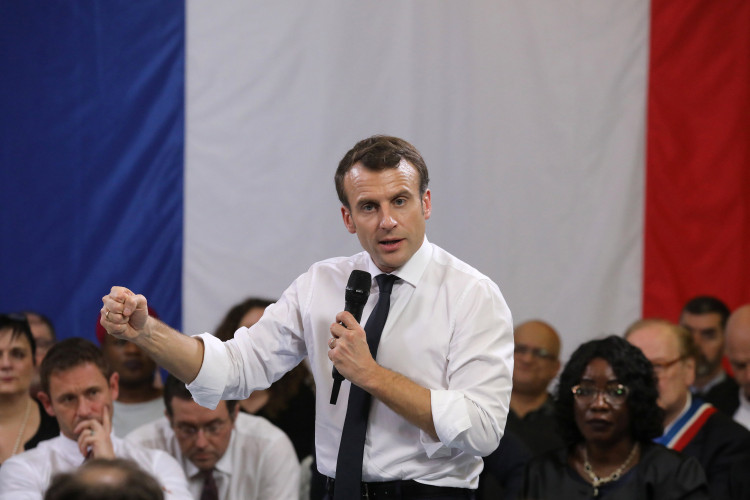Alone among the major countries of the European Union (EU), France has escaped the worst effects of the group's economic slowdown and grew faster than expected in the second quarter while showing more signs pointing to a stronger Q3.
Its economy grew 0.3% in the quarter, which was the same growth rate in Q1, said INSEE (Institut national de la statistique et des études économiques), France's national statistics bureau. INSEE revised this figure upwards from a provisional estimate of 0.2%.
France's economy has begun the third quarter in a stronger position. INSEE reported that consumer spending grew 0.4% in July from June as against economists' expectations for a 0.3% boost.
Consumer and business confidence remained steady in August, defying the gloom pervading most of the countries in the eurozone.
This provisional Q2 estimate, however, led to widespread dismay in France and predictions of an imminent recession. Critics of French president Emmanuel Macron pointed to the statistic as a sign Macron's $19 billlion stimulus and tax cuts at the end of 2018 intended to turbocharge the stagnant French economy this year had come to nothing.
Macron also accelerated the implementation of planned tax breaks and incentives for companies. These moves gave workers bonuses worth more than $11.14 billion.
France's economy was expected to show more resilience as it is not as dependent on exports as is, for example, Germany. France's growth has traditionally sprung from domestic demand, which Macron's stimulus sought to stoke.
But consumer spending weakened despite the tax cuts. INSEE said consumer spending growth decelerated to 0.2% from 0.3% in the first quarter.
The upward revision to 0.3% growth in Q2 means France's Q2 0expansion has bettered other eurozone countries, which consists of 19 of the 28 EU member states. Economic output of the overall eurozone slowed to 0.2% from 0.3% in Q2.
While the extra cash hasn't triggered higher consumer spending, it has bolstered the morale of French workers despite the deteriorating economic outlook overseas.
Higher inflation has been a reason for the stimulus' lackluster performance, given it ate into consumers' purchasing power. Household disposable income fell 0.2% after surging 0.8% in the first quarter, on the back of the tax breaks and bonus scheme.
The slower consumer spending was somewhat counterbalanced by a rise in business investment. Investments grew 0.9% in Q2 after rising 0.6% in Q1 as corporate profit margins increased to 33.1% -- the highest since mid-2008 -- from 32.6%.






